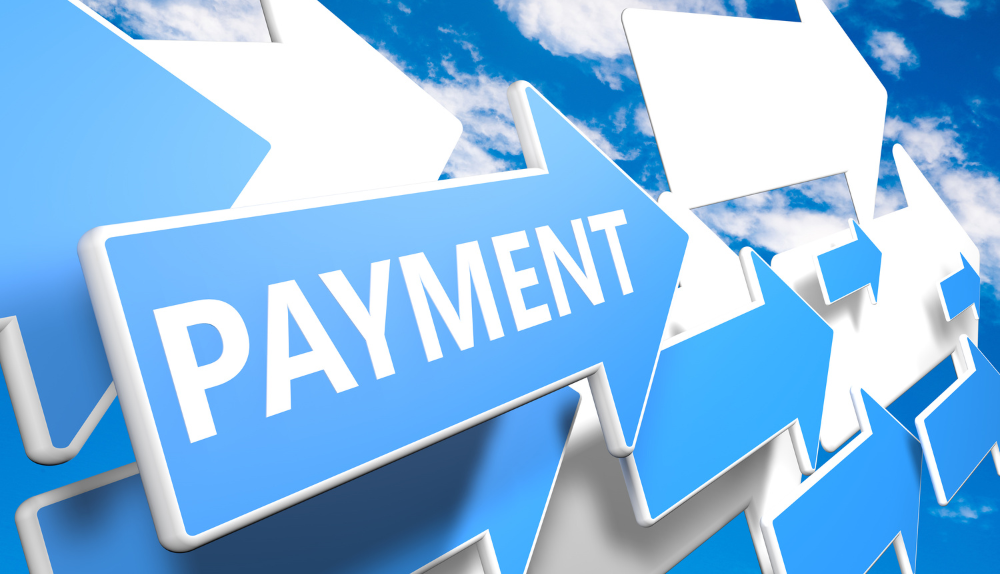
By max July 20, 2023
As a merchant, you have many responsibilities when it comes to running an eCommerce store. To ensure successful business operations, it’s important to give your users a clean and intuitive interface and seamless navigation options that connect different elements on your website. One of the most crucial factors in your customer’s shopping journey at your store is payment.
If they can’t process a payment easily, they will most likely abandon the cart and never return to your store, let alone buy another product from you. The security, reliability, and overall payment experience your customers get from your website depends on your payment gateway. Know what is a payment gateway that connects your website to the payment processor, which validates the payment after checking it with the issuing bank and the card network.
What is a Payment Gateway?
When a customer visits your store and asks to pay using a credit card instead of cash, you need a POS or payment gateway that can validate their cards. Every eCommerce store that accepts credit card payments and transactions made through digital wallets needs a payment gateway that transmits the customers’ card information to the merchant’s acquiring bank. The transaction is then processed or declined based on the credentials they have entered and the balance in the customer’s account.

How To Choose the Best Payment Gateway
So, how do you choose a reliable payment gateway for your eCommerce store? Remember that your choice in this can make or break your business, after all, a customer can’t tolerate a poor shopping experience or unsecured payment portals. With the growing need for payment gateways, we’ve seen increased competition among them.
Today, you can choose from different payment gateways, offering different services and charging varying rates. In this post, we have shared some essential features to consider when selecting a suitable payment gateway. PayPal is the best example.

Let’s see the breakdown of the steps involved in processing payments through payment gateways:
- Customers place an order and head to the checkout page. On the checkout page, the customer enters their credit card data.
- Once the customer has sent the information for processing, the payment gateway checks with the customer’s issuing bank to verify if they have sufficient balance to cover the payment.
- The payment gateway informs the merchant of the response from the customer’s issuing bank. Based on this, the transaction is either accepted or declined.
- If it’s approved, the issuing bank will deposit the requested amount into the acquiring bank, which then settles the payment with the merchant.
The transaction must also be authorized by the card network before it’s processed. The process might seem complex, but all of this goes at the backend. The transaction is completed immediately. In some cases, it may take longer (around 21 days for the amount to reflect on the merchant’s bank account).
Considering the role of a payment gateway, it’s obvious that every merchant will want to research the payment gateway, their past record, pricing, and other factors before choosing them.
Features of A Good Payment Gateway
Compatibility with Different Devices
Some payment gateways work well across different devices, while others might seem buggy on certain operating systems. If the payment gateway you’ve chosen doesn’t work on a specific platform that most of your customers use to make payments, your customers will likely have a bad shopping experience on your website. Knowing your website visitors and the devices they use on your site can also help you know which OS a majority of your customers use. So, you can choose a payment gateway accordingly. You must also check the compatibility of your payment gateway with your CRM, accounting software, cart API, and other solutions. These systems must work together to provide your customers with an excellent shopping experience.
Price
The first thing you will compare when choosing a payment gateway is the pricing model. Not all payment gateways are created equal. The level of services they offer varies greatly. Besides, each business has unique requirements and different payment processing volumes.
The cost of the payment gateway services will depend on the kinds of payment you accept and the monthly or annual transaction volume. Once you have narrowed down your list to the few most reliable payment gateways, get a quote from each and let them know the services you are expecting.
In addition to this, you’d be charged a setup fee, which may again vary depending on the payment gateway you choose. These fees are mostly fixed, so there’s not much you can do here. However, it’s a good basis for comparing different payment gateways.
Does it Support Integration?
A payment gateway must integrate with your eCommerce website seamlessly to offer an excellent user experience. Note that a gateway doesn’t function alone. It requires a complete payment infrastructure.
Once the customer has filled the checkout page, they are redirected to the payment gateway where they enter their payment details and submit the transaction for processing. But there’s no point in using a payment gateway that doesn’t integrate with an online store built on Shopify, WooCommerce, BigCommerce, and other platforms. You might also use a custom-made platform for your eCommerce store. Make sure that it supports payment gateway integration.
A lack of proper integration will make the payment process glitchy, which in turn, can lead to a poor customer experience. They might abandon their shopping carts. Remember that payment processing is the most vital step in your sales funnel. Check if the payment gateway integrates with your online store before choosing. The payment gateway must integrate with your store through an API or a plugin.
Customer Support
A business that has implemented a payment gateway might have transactions worth hundreds of thousands of dollars processed through these accounts every day. If the payment gateway goes down, even for a little while, imagine the level of loss. The downtime for a few hours can cost businesses thousands of dollars.
On top of that, you will lose your potential customers. You should look for a payment gateway service provider that offers an extensive knowledge base and a customer support service that’s available around the clock. You must be able to get in touch with the support department quickly. Not just during the downtime, but a stellar support service can help you during the setup phase (when integrating the payment gateway with your eCommerce store).
It Must Support Recurring Payment
If you have a subscription-based business where you charge your customer a fixed fee on a monthly or annual basis, you must have a payment gateway that supports such payment options. A good payment gateway charges your customers automatically on predetermined dates. They also deal with failed payments or declined card transaction issues seamlessly. So, discuss the recurring payment model with your payment gateway to know if they support that.
Payment Methods and Currencies Supported
Another consideration when choosing a payment gateway is the number and type of payment methods and currencies it supports. You must look for a payment gateway that supports transactions in different currencies and accepts a wide range of payment options, including digital wallets, major credit/debit card companies, bank transfers, etc. This is especially important for businesses that operate globally.
Since you will have customers paying you in different currencies, you will want to make sure that your payment gateway accepts different payment methods and is compatible with varying currencies for smooth transactions. Some payment gateways convert the prices into different currencies automatically. That’s the most convenient option for businesses that conduct hundreds of international transactions every day.
Performance
Lastly, you need to check the performance of the payment gateway. Reading customer reviews or going through their website will help you know their offerings. You should work with a payment gateway that can execute a large volume of transactions every day without compromising on speed and overall performance.
It should have a high uptime. It’s best to stick to a reputable payment gateway that’s partnered with different merchants, even if that comes with an exorbitant fee. At least, you will have peace of mind knowing that the payment gateway will resolve the downtime, technical glitches, and other errors quickly. You may also want to look at the transparency of the payment gateway. They should show you the cash flow, payments processed in the last few days, and other metrics.
Security
Look for a payment gateway that prioritizes compliance with the PCI DSS requirements. It sets the standards for handling your customer’s card details securely. While you are at it, check if the payment gateway offers other security protocols, like an address verification system, CVV check, and additional security practices. It must be equipped with the latest fraud detection tools.
Conclusion
Hiring the wrong payment gateway can cost you time and money. They may also damage your reputation, as customers prefer working with businesses that offer robust and secure payment solutions. So, it’s important to review the features of the payment gateway carefully and choose a provider that doesn’t just fit your budget but offers excellent support and performance.
